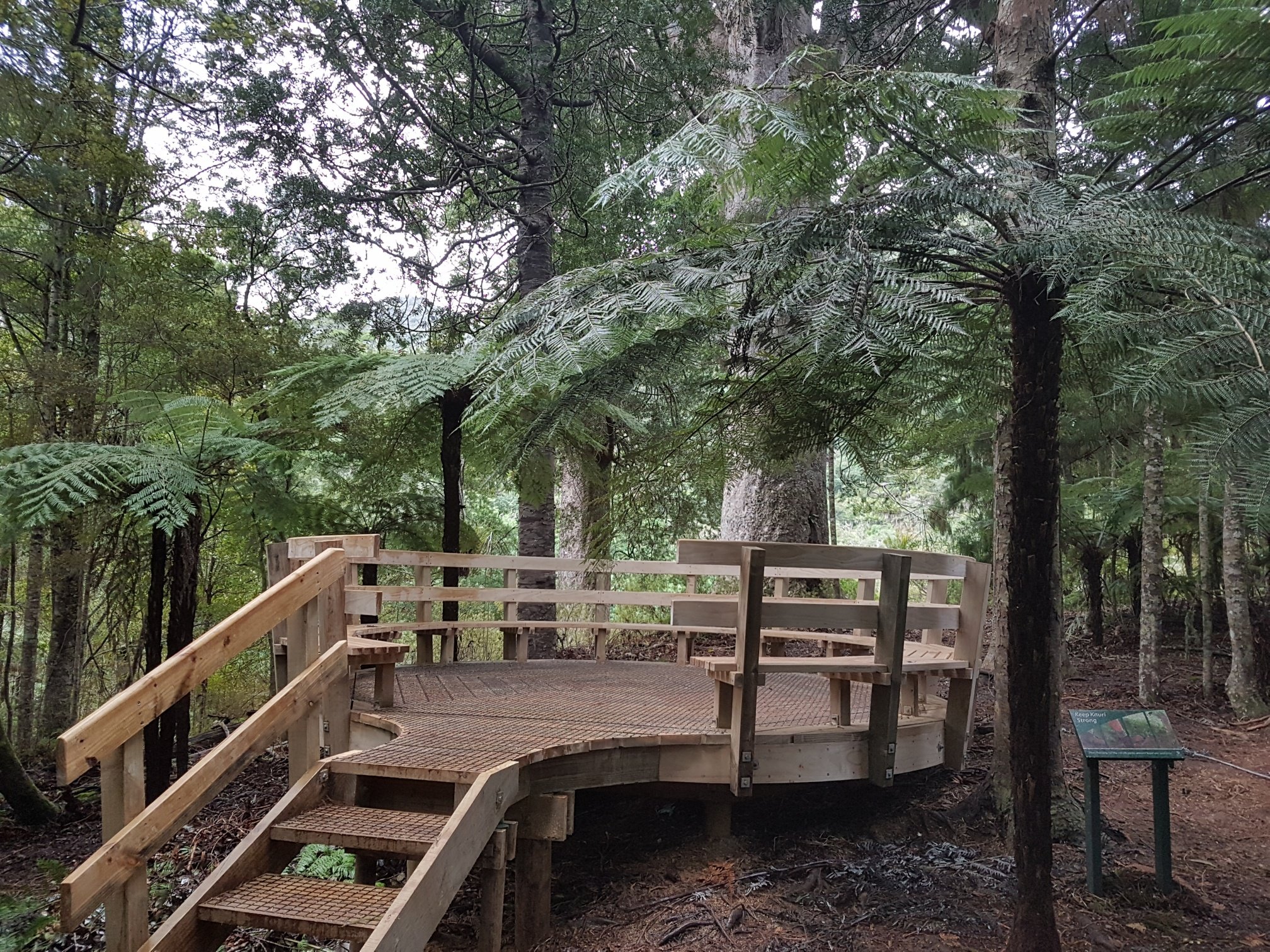Kauri Dieback Project – Department of Conservation
Project name
Kauri Dieback Project – Department of Conservation
Client name
Department of Conservation
Project location
Upper North Island
Timeframe
Ongoing
Contractor
Milton Harward Construction Limited and NZ Trackworks Limited
Kauri has important significance as a species in the upper North Island forests. They once had extensive coverage throughout the region and are one of the longest-living tree species in the world, reaching ages of over 1000 years. Mature trees have reached over 50m in height and with a trunk diameter of more than 5.0m.
Kauri has significant cultural significance to the Māori and is deeply seated in mana whenua and spiritual beliefs. The traditions of the iwi in the northern areas are integral with the presence of kauri trees in the forests.
Kauri dieback was first detected as a threat to kauri trees in 2006. Kauri dieback is a disease of kauri trees caused by the pathogen phytophthora agathidicida (PA), a microscopic fungus-like organism that is spread through soil movement to infect otherwise healthy kauri trees. Since then, kauri dieback infection has been found in several kauri forests across the region including Great Barrier Island. The means of spread of the disease is not fully understood, but it is believed that the movement of soil on the footwear of recreational visitors is a major factor.
With no proven cure or treatment Frame Group along with the Department of Conservation developed and implemented over four years, a $10 million programme involving significant mitigation measures on over 120 recreation tracks covering work on more than 30km of track within kauri forests on Public Conservation Land.
Mitigation methods include:
Hygiene stations
Aggregate or paved track surface
Cellular confined bark / aggregate surfacing
Boxed steps
Structures such as boardwalks, staircases, and platforms where required

